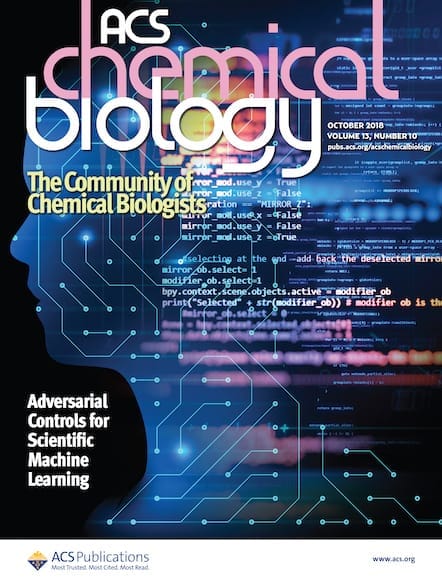ACS Chemical Biology and ACS Infectious Diseases are seeking submissions for a joint Special Issue, “Chemical Microbiology,” which will publish in early 2020. Erin Carlson of the University of Minnesota, the guest editor for this Special Issue, is an Editorial Advisory Board member of both journals. I interviewed Dr. Carlson to help interested authors understand […]

ACS Chemical Biology and ACS Infectious Diseases are seeking submissions for a joint Special Issue, “Chemical Microbiology,” which will publish in early 2020. Erin Carlson of the University of Minnesota, the guest editor for this Special Issue, is an Editorial Advisory Board member of both journals.
I interviewed Dr. Carlson to help interested authors understand what we are looking for in this Special Issue.
What are the most exciting innovations and discoveries in chemical microbiology that you’ve read about recently?
The recent surge in the development of tools to more deeply understand how microbes interact with their host is incredibly exciting. This ranges from characterization of receptors that promote interactions between eukaryotic and prokaryotic organisms, the resulting immune response, breakdown of drugs by the gut microbiome, and the natural products that microbes generate that are both beneficial and detrimental to the host.
What types of innovations and discoveries are you hoping to see in the papers submitted to this Special Issue?
One of the standing challenges in the study of bacteria is our inability to readily internalize small molecules and other reagents. I look forward to creative and exciting demonstrations of methods that can be used in live bacteria.
What types of researchers/research groups should submit their research to this Special Issue?
All chemists that use the tools of this trade to study microbes and all microbiologists that have incorporated methods from the field of chemistry. All traditional disciplines of chemistry have valuable contributions to make to the field of Chemical Microbiology, ranging from organic synthesis to analytical measurements, to molecular modeling.
Anything else you’d like to tell people about the Special Issue?
We are excited to see papers on all different types of microbes!
